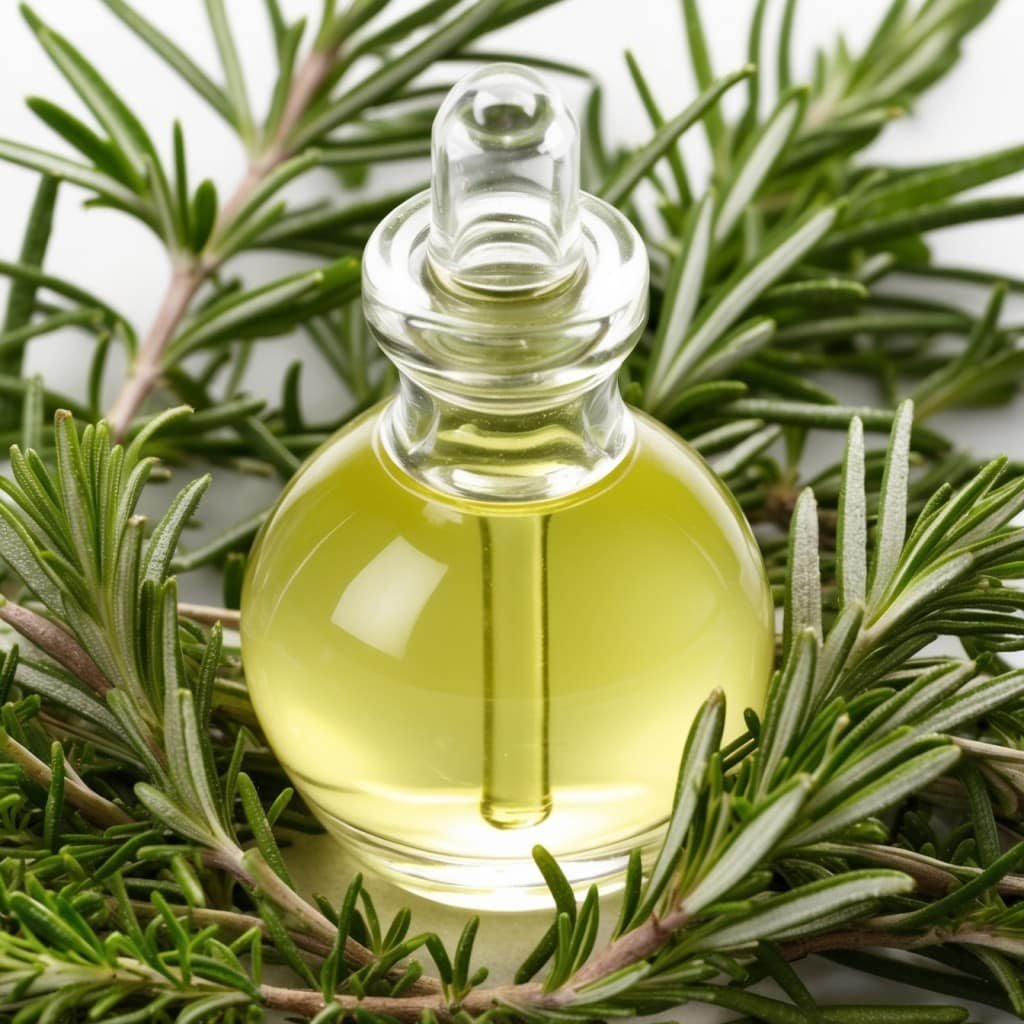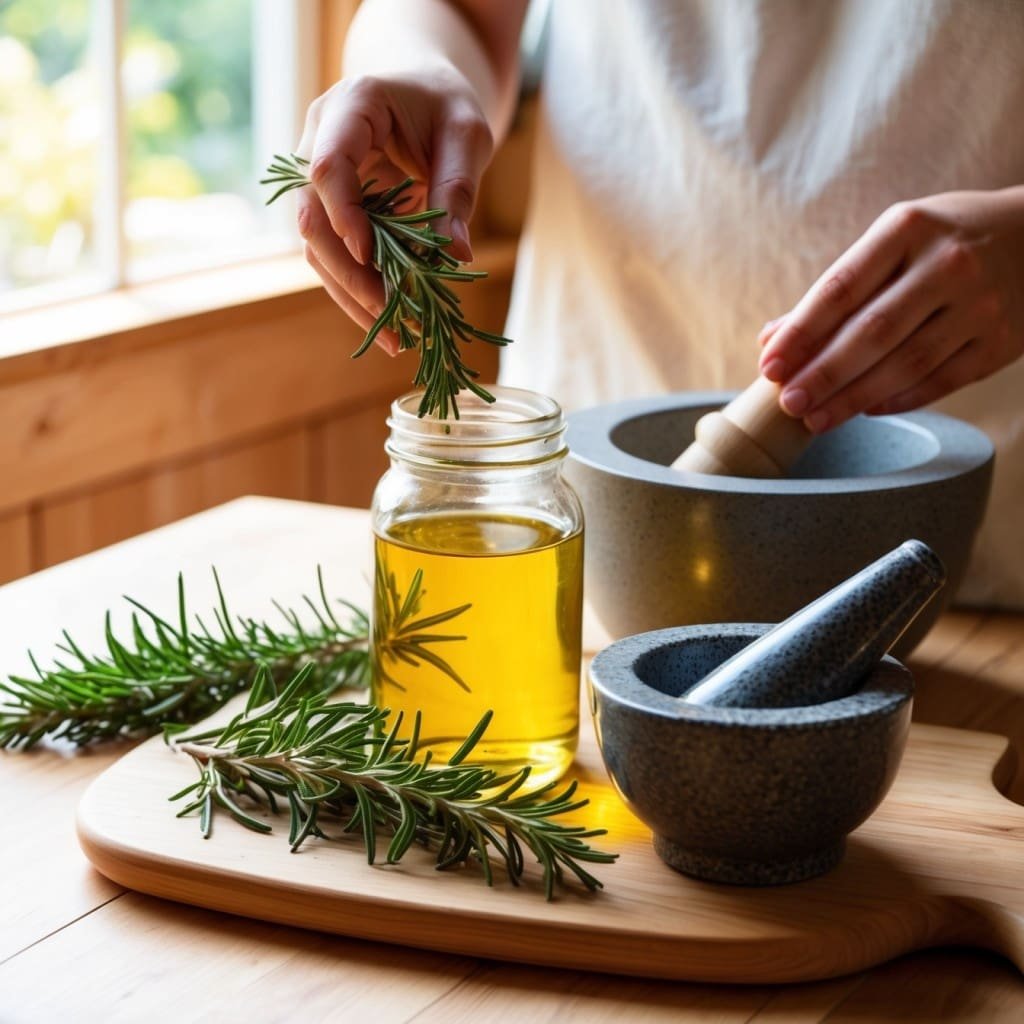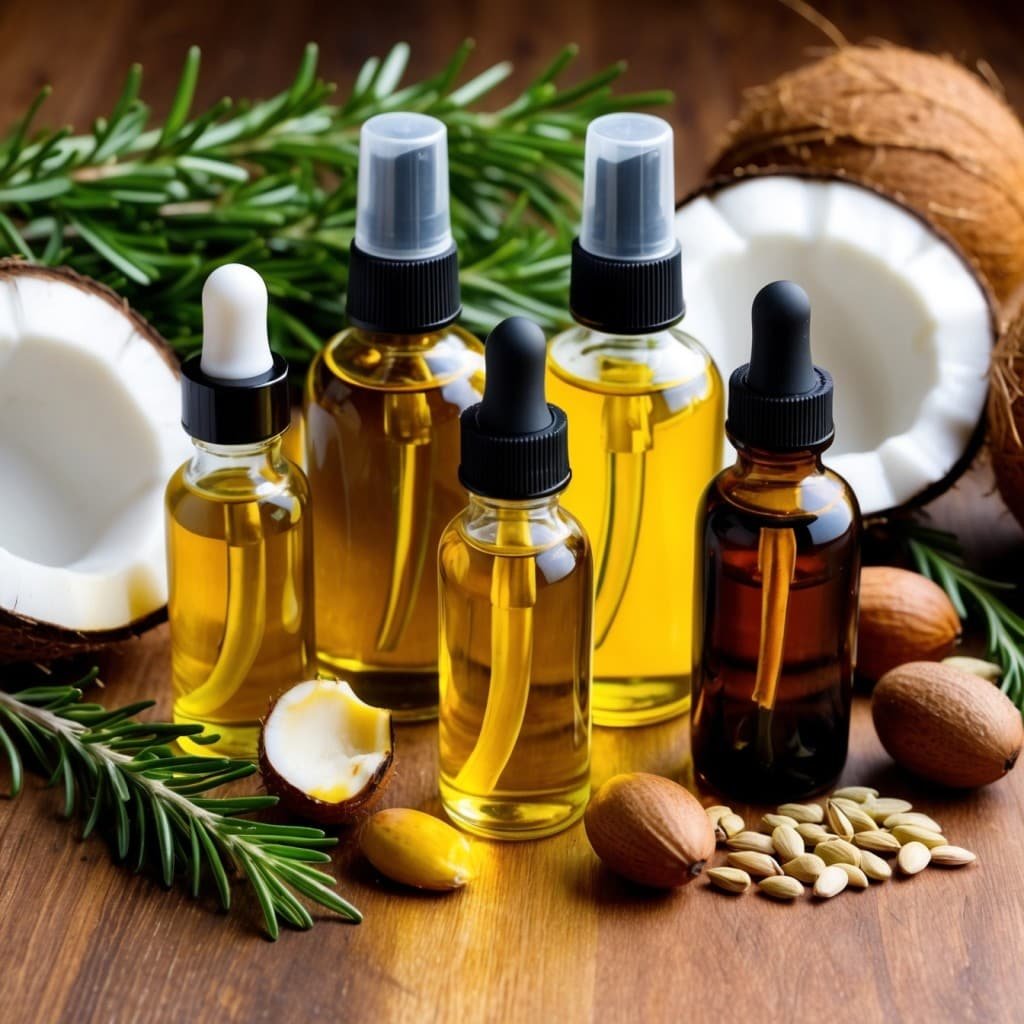When it comes to maintaining healthy, strong, and shiny hair, one of the most effective products you can use is hair oil. For centuries, oils have been trusted to nourish the scalp, repair damage, and enhance hair growth. Modern formulations offer a range of options, from natural oils like coconut and argan to more complex blends tailored to specific hair concerns. Whether you’re battling dryness, frizz, or thinning hair, incorporating the right oil into your hair care routine can provide transformative results.
What Is Hair Oil?
Hair oil is a liquid formulated to boost the health of your hair and scalp. From traditional options like coconut oil —a staple in many cultures, particularly in South Asia—to modern, scientifically-backed products like K18 oil, there’s a wide array of oils designed to target specific hair concerns. It can deeply condition, nourish, and protect your hair from environmental stressors.
Benefits of Using Hair Oil
There are countless benefits to using these oils for hair, and here’s why it’s become a must-have in hair care routines:
- Nourishment: Oils like olive oil for hair and batana hair oil provide essential vitamins and fatty acids that nourish both the scalp and strands.
- Hydration: Oils such as sesame scalp and hair oil, which is particularly good for Afro-textured hair, deeply moisturize dry hair and prevent breakage.
- Growth: Using natural hair growth oils like rosemary oil and black castor oil for hair can stimulate the scalp and encourage faster hair growth.
- Protection: Hair oils create a protective barrier against heat styling, pollution, and UV damage, keeping hair healthier for longer.
How to Choose the Right Oil Treatment
Choosing the best treatment oil for your unique needs can feel overwhelming with so many options available. Start by identifying your hair type (dry, oily, curly, etc.) and then consider your hair goals (growth, moisture, strength). If hair growth is your focus, opt for oils like rosemary, wild growth hair treatment, or batana restorative oil. For moisture, rich oils like olive treatment or black castor oil blend are ideal. If you’re interested in learning more about carrier oils like castor oil, they can offer additional benefits for overall hair health and growth(Buoy Health).
How to Apply Hair Oil for Best Results
Applying oil treatments the right way makes a world of difference. Here’s how to maximize its benefits:
- Scalp Massage: Warm the oil slightly and massage it into your scalp using your fingertips. Oils like batana hair treatment or wild growth scalp oil benefit from thorough scalp massage to stimulate blood circulation.
- Focus on the Ends: The ends of your hair are the oldest and driest. Applying oils like Kerastase conditioning oil or olive oil blend here prevents split ends and breakage.
- Leave it In: Depending on the oil, you can leave it in overnight (especially with heavier oils like black castor oil blend) or for 30-60 minutes before washing.
Top Natural Oils and Their Benefits
Coconut oil
has been used for centuries, especially in tropical regions, where it’s an integral part of many cultures’ hair care traditions. This moisturizing oil is a powerhouse for dry and damaged hair, penetrating deep into the hair shaft to restore moisture.
Argan Oil
Known as “liquid gold,” is rich in fatty acids and antioxidants. It’s perfect for taming frizz and adding shine, particularly for those with curly or coarse hair.
Olive Oil
Olive oil is ideal for thick, dry hair. This hydrating oil moisturizes, strengthens, and protects your hair, reducing frizz and increasing shine.
Batana Oil
Batana oil is a rare gem often used for intense nourishment and hair restoration. It’s particularly effective for treating damaged hair and promoting thickness.
Popular Essential Oils for Hair Care
Rosemary Oil

Rosemary hair oil is widely recognized for its ability to promote hair growth and improve scalp health. Its anti-inflammatory properties help to soothe the scalp, while its rich antioxidants strengthen hair follicles, making it a popular choice for those looking to improve hair density. If you want to learn more about the extensive benefits and various uses of rosemary oil, check out this detailed guide on rosemary essential oil benefits and uses on our website.
Tea Tree Oil
Tea tree oil is a potent anti-fungal and anti-inflammatory oil. It’s widely used for treating dandruff and maintaining scalp health.
Lavender Oil
Lavender oil is popular for its calming scent, but it’s also great for hair care. It helps improve blood flow to the scalp, promoting hair growth and reducing hair thinning.
DIY Hair Oil Recipes

If you want to customize your hair oil routine, why not make your own blend?
Rosemary Infused Oil for Hair Growth
Create your own rosemary hair oil by infusing dried rosemary in a carrier oil like olive oil. This blend stimulates hair growth and soothes the scalp.
How to Make Your Own Essential Oil Blend
Mix oils like castor oil, argan oil, and rosemary oil for a DIY treatment that targets specific hair concerns, such as dryness or thinning.
Oils for Hair Growth: What to Look For
If you’re looking for the best hair oil for growth, opt for ingredients known for stimulating hair follicles. Oils like rosemary, black castor, and strawberry mint growth are perfect for encouraging healthy, thick hair. You can explore the best hair oils for dry hair to ensure your hair stays hydrated without feeling greasy(Well+Good).
Can You Use Hair Oil Daily?
While daily oiling can be beneficial for very dry or curly hair, for most people, it’s best to apply these nourishing oils 1-2 times a week. Using a rich oil like K18 treatment or olive conditioning daily can cause buildup, making your hair appear greasy.
Best Time to Apply The Oil
The best time to apply an oil treatment is before you wash your hair, giving the oil time to penetrate your strands. For a more intense treatment, you can also leave it on overnight, particularly if you’re using a heavier oil like black castor oil blend.
Conclusion
Hair oils are an essential part of a well-rounded hair care routine. Whether you’re looking to nourish dry strands, promote growth, or repair damage, there’s a hair oil out there for you. Explore the different types and find the one that suits your hair type and goals best.
FAQs
- How long should I leave hair oil on my hair?
You can leave oil on your hair anywhere from 30 minutes to overnight, depending on your hair’s needs. For deep conditioning, leaving it overnight works best, especially for dry or damaged hair. - Can hair oil make my hair greasy?
Yes, if over-applied or if you use a heavy oil on fine hair, it can make your hair greasy. It’s important to use the right amount based on your hair type. - What’s the difference between oil and hair serum?
Hair oils are generally used for nourishment and hydration, penetrating the hair shaft and scalp, while hair serums are lightweight and used for surface-level benefits like adding shine and protecting against frizz. - Can I use more than one hair oil at a time?
Yes, you can mix different oils to address multiple concerns. For example, combining oils like coconut and rosemary can give you both hydration and growth-boosting properties. - How do I wash out hair oil properly?
Use a good shampoo to wash out the oil. Sometimes, applying conditioner before shampooing helps break down the oil, making it easier to rinse out without leaving greasy residue.


1 Comment